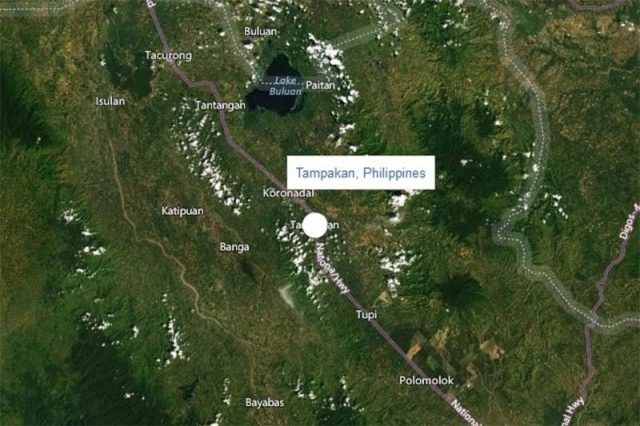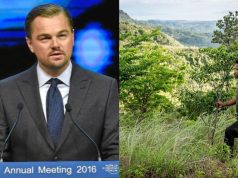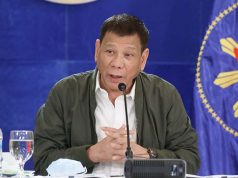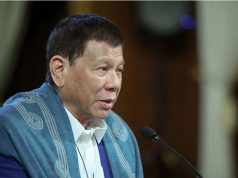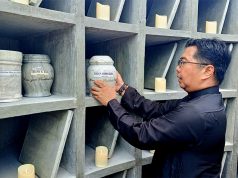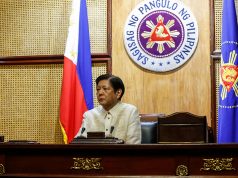MANILA — A provincial government in southern Philippines has reversed its 12-year-old policy banning open-pit mining, removing the final regulatory hurdle for the stalled Tampakan copper-gold project, the industry regulator said on Monday.
The Tampakan project in South Cotabato province is the Southeast Asian country’s biggest stalled mining project with development cost previously estimated at $5.9 billion before it was hampered by the provincial ban imposed in 2010.
In 2016, President Rodrigo Duterte picked an anti-mining advocate as environment minister, who enforced a nationwide ban on open-pit mining the following year, adding to the challenges that dismayed investors and stalling other open-pit projects.
Duterte, who will end his six-year term next month, lifted the nationwide ban late last year, one of his two landmark policy reversals that sought to revitalize the mining industry.
“South Cotabato’s local legislative body has voted to lift the provincial ban, clearing the only hurdle remaining in developing one of the largest copper-gold reserves in Southeast Asia,” Wilfredo Moncano, director of the regulator, the Mines and Geosciences Bureau, told Reuters.
“All the major requirements to legally support the mining operation has been complied with,” he added.
The Tampakan project, in which commodities giant Glencore previously had a controlling stake before it decided to quit amid regulatory uncertainties, has estimated resources of 15 million tonnes of copper and 17.6 million ounces of gold, according to developer Sagittarius Mines Inc.
But Duterte’s former environment minister who had opposed mining – the late Gina Lopez – had described Tampakan as “a 700-football field open-pit mine on … agricultural lands, affecting four provinces and six rivers”.
Duterte’s successor, Ferdinand Marcos Jr., said in an interview with local media during the campaign that he was open to allowing “sustainable” mining but was wary about the open-pit method of mineral extraction.
—Reporting by Enrico Dela Cruz; Editing by Kanupriya Kapoor and Edmund Blair

